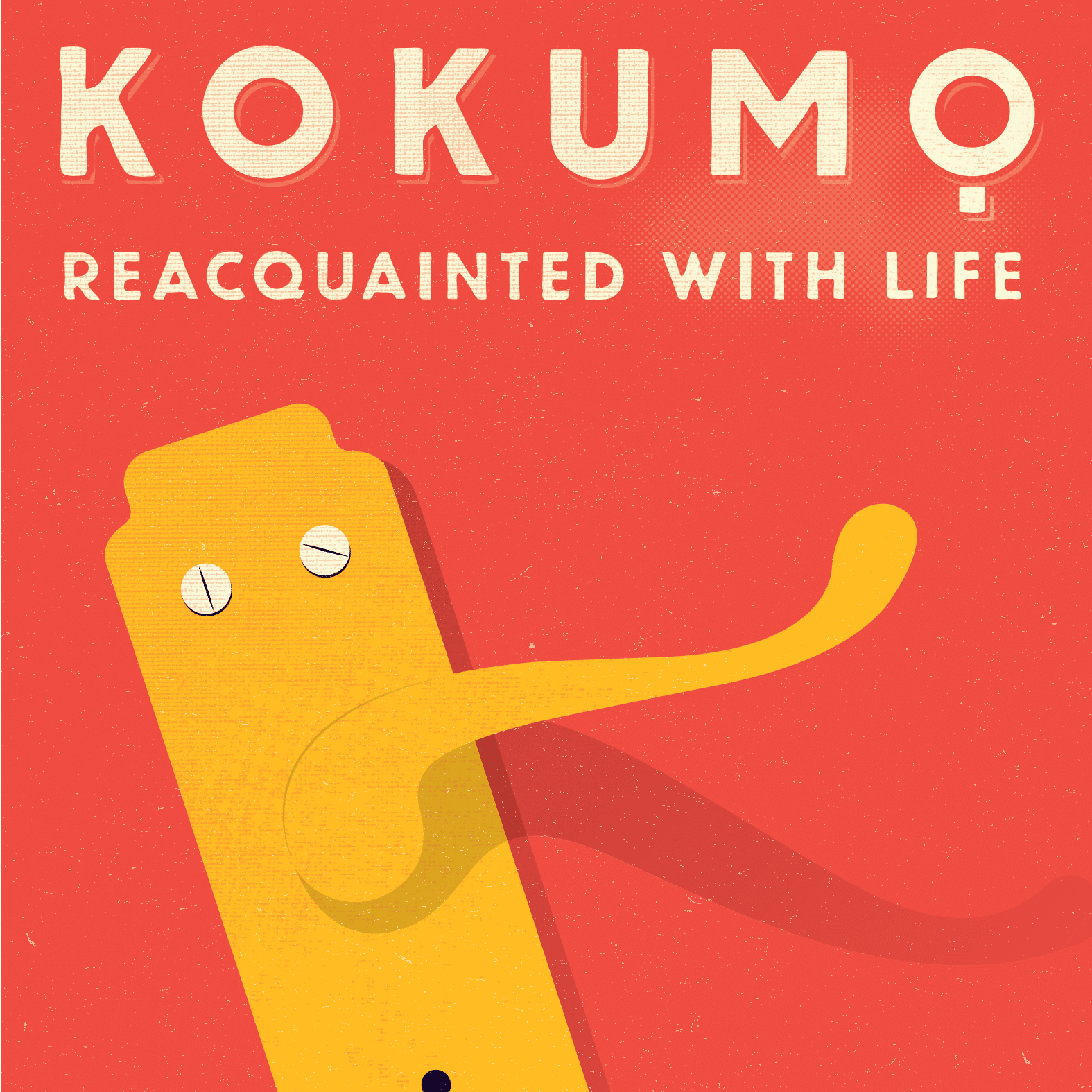
Review
All Out in the Open
By Charalampos Tzanakis
Sweat Drenched Press
ISBN: 979-8873836000
Review by Nicholas Alexander Hayes
About twenty years ago, I stole a translation of Jean Cocteau’s The White Book because the owner was homophobic. I suppose I believe (or at least hope) books find the right readers. Despite my sticky fingers, I am not sure I was the best reader for this book since I kept it on the shelf next to Georges Bataille’s Story of the Eye. I was at least a better reader than the original owner. Cocteau’s line drawings in the midst of the evocative narrative were fluid and dynamic. As I read Charalampos Tzanakis’s All Out in the Open, I was reminded of The White Book by both a youthful energy and the presence of line drawings.
All Out in the Open is filled with drawings and poetic fragments. Reading this book feels like an intimacy. But this intimacy differs from the intimacy one might feel reading The White Book with the incipient erotics of youth. The intimacy one feels with Tzanakis’s book is an erotic of composition. The reproductions of drawings and written fragments are all done on lined notebook paper. Lines twisting on themselves into faces and flowers then decorated with text feel private.
It is like opening a young man’s journal. A journal in which the youth is still trying to negotiate themselves through the inchoateness of adolescence. But if there is something juvenile in this work, it is the beauty of what is passing, and which may never return.
Within one broad face and the hesitant scrollwork that surrounds it, Tzanakis writes: “Is this a decade of amour fou? That’s coming to an end? Starting tomorrow, today, or next minute? I will never love again.” His text sketches the ephemerality of foolish passions always potentially on the verge of dissipation. Mad lusts that consume us only to dissipate, leaving a mystery of how we could have felt so strongly.
In one piece, titled or inscribed with “Poems underneath girls with moons.” The main face is blank on one side. Rhythmic repetitions of waning gibbous moons are lined up under a waxing gibbous. Although the rough linear repetition may resemble a lunar calendar, the same moon in alignments suggests a timelessness despite one complementary depiction. The title or inscription adds to the general ambiguity. The words indicate a plurality of subjects, but there is only one, and she is incomplete. Saying “poems” gestures to an indeterminate antecedent. I wonder if the drawing should be considered a poem; should other pieces “underneath” in the manuscript be understood as part of what is being referred to? Nothing is resolved but resolution would break the charm of these pieces.
In another piece above potted flowers and what appears to be a double helix, there is a fragment: “I am a disappearing act.” Abstraction and floral growth dominate the page. The text suggests performance, slight of hand, and misdirection. The author does seem to disappear from the text, providing few, if any, specific details except aphoristic observations, feminine faces, and floral motifs. The recession of the author from text and image is a disappearing act, but the performance draws the eye towards it, looking for something more to engage with. This is perhaps another way that the book capitalizes on juvenility since it asks for adult attention to be invested in coquettish compositions. Compositions suggest and seduce but avoid completion. In this way, they focus as might a youth discovering their beauty but unsure whether they want to receive anything more than attention.
Tzanakis’s work is naïve, and wonderful, and amorphous like the turmoil of youth. At times, All Out in the Open feels like an artist’s notebook, but that would suggest work that will or could be completed, but there is no indication of such finished work. In not bothering with finished work, Tzanakis again embodies an adolescent jouissance, the type which is foreclosed by entering adulthood. Stealing this book might be necessary to get it away from owners who are enthralled to ends that do not permit potentiality or ambiguity. But ordering it from Sweat Drenched Press will prevent the need for theft, while allowing readers to enter complex ambiguity with a clear conscience.
About the Author
 Nicholas Alexander Hayes (Review Editor) lives in Chicago, IL. He is the author of NIV: 39 & 27 and Between. He has an MFA in creative writing from the School of the Art Institute of Chicago, and he is currently completing an MA in Sociology at DePaul University. He writes about a wide range of topics including ’60s gay pulp fiction, the Miss Rheingold beauty competition, depictions of masculinity on Tumblr, and whatever piece of pop cultural detritus catches his eye at the moment.
Nicholas Alexander Hayes (Review Editor) lives in Chicago, IL. He is the author of NIV: 39 & 27 and Between. He has an MFA in creative writing from the School of the Art Institute of Chicago, and he is currently completing an MA in Sociology at DePaul University. He writes about a wide range of topics including ’60s gay pulp fiction, the Miss Rheingold beauty competition, depictions of masculinity on Tumblr, and whatever piece of pop cultural detritus catches his eye at the moment.


